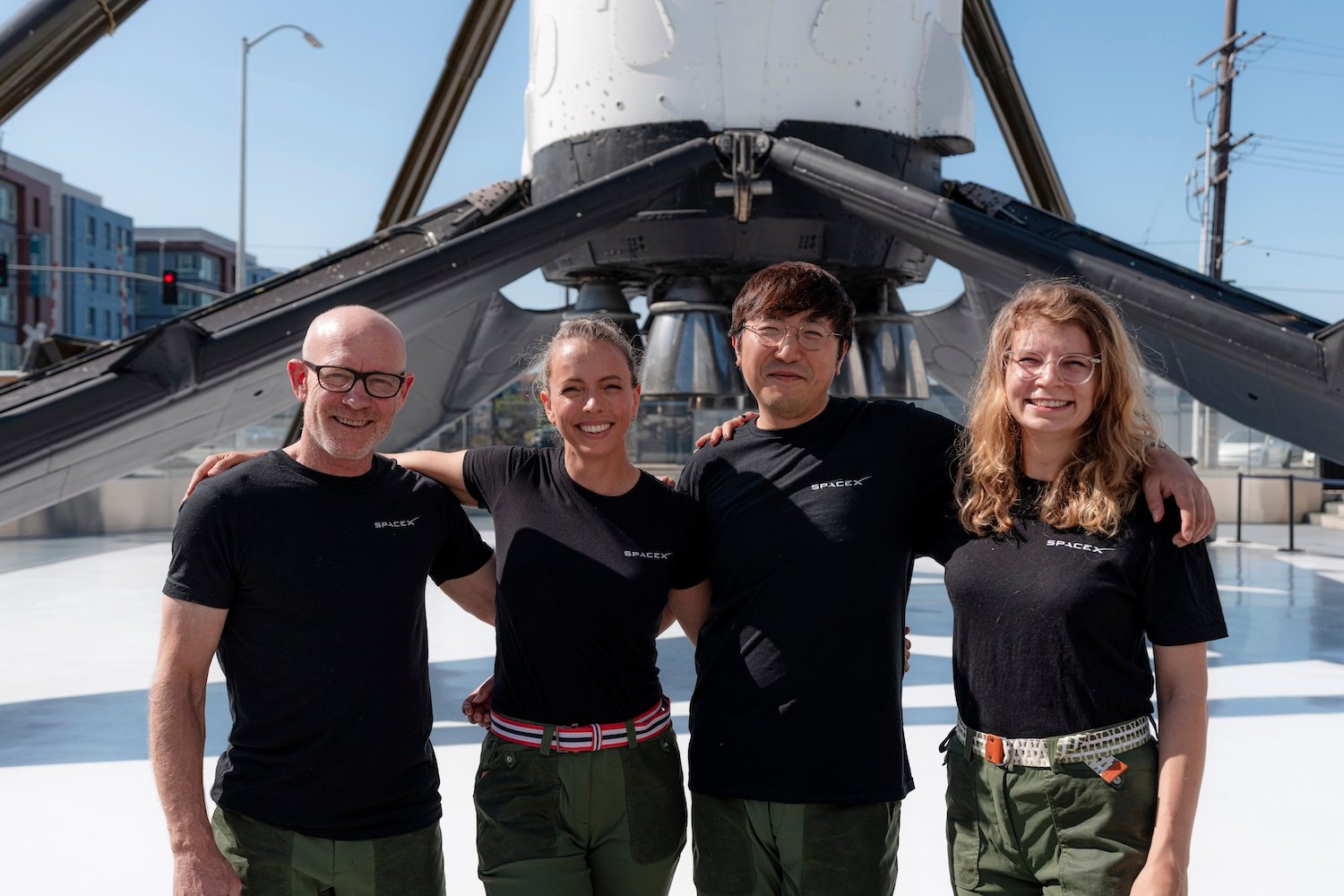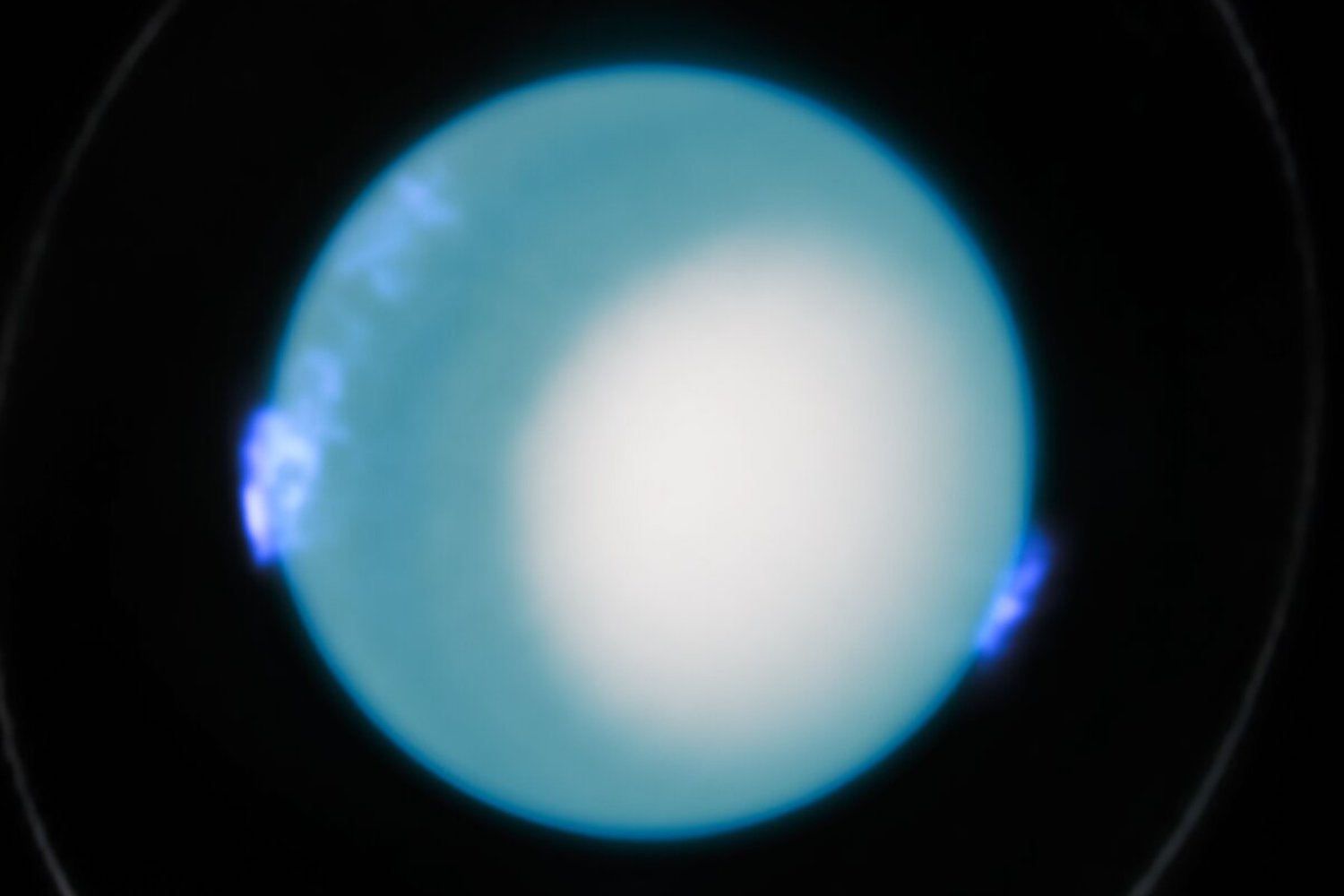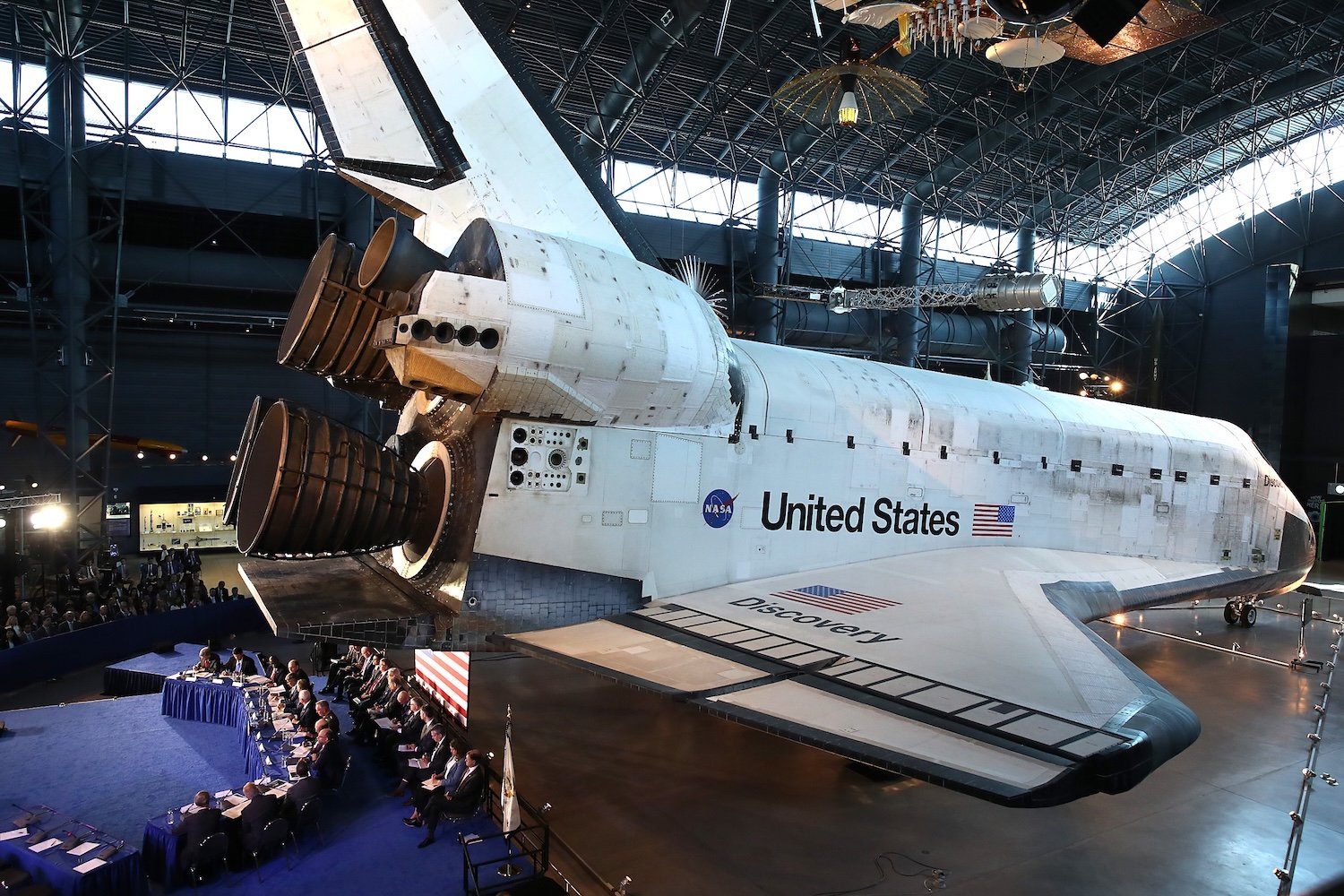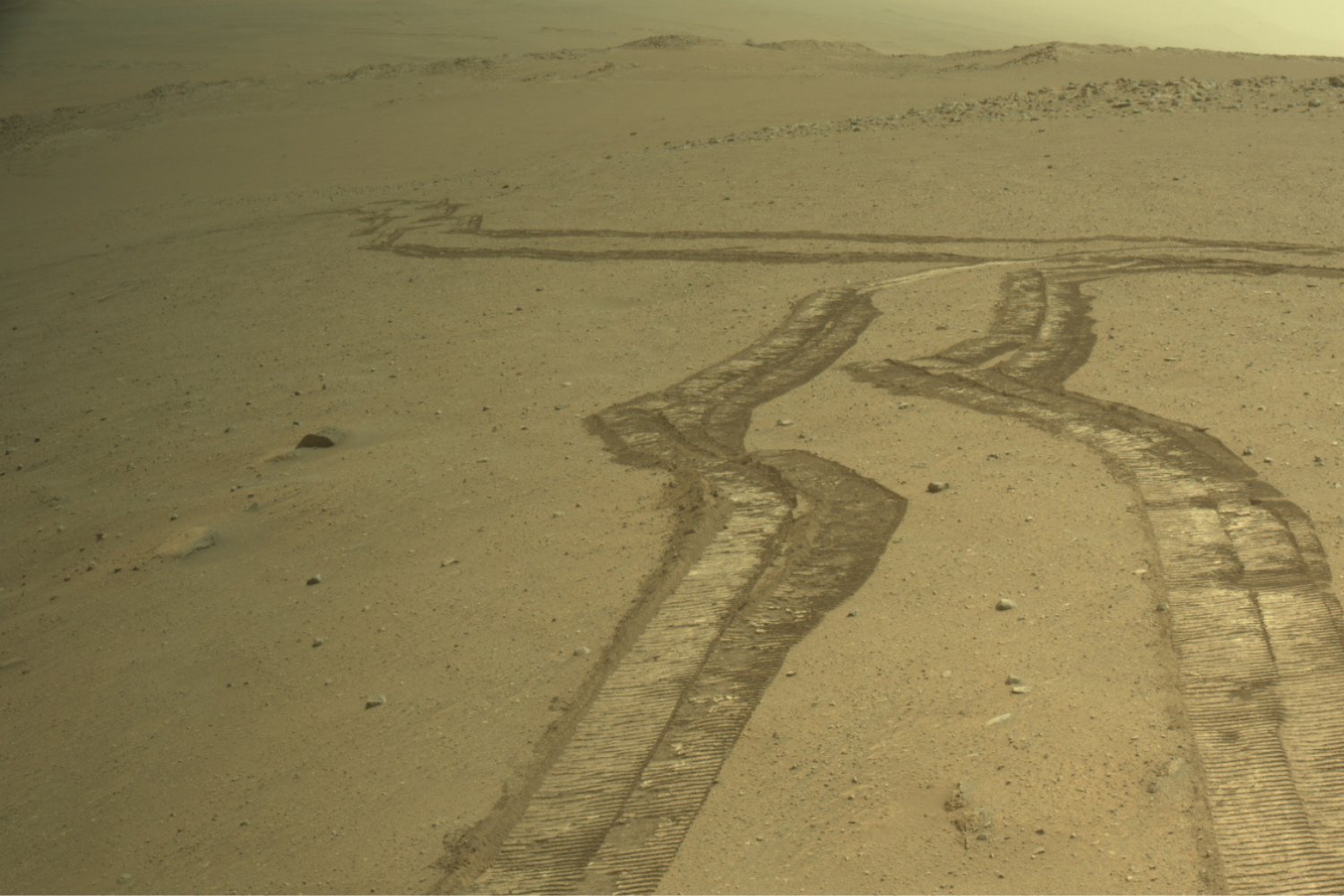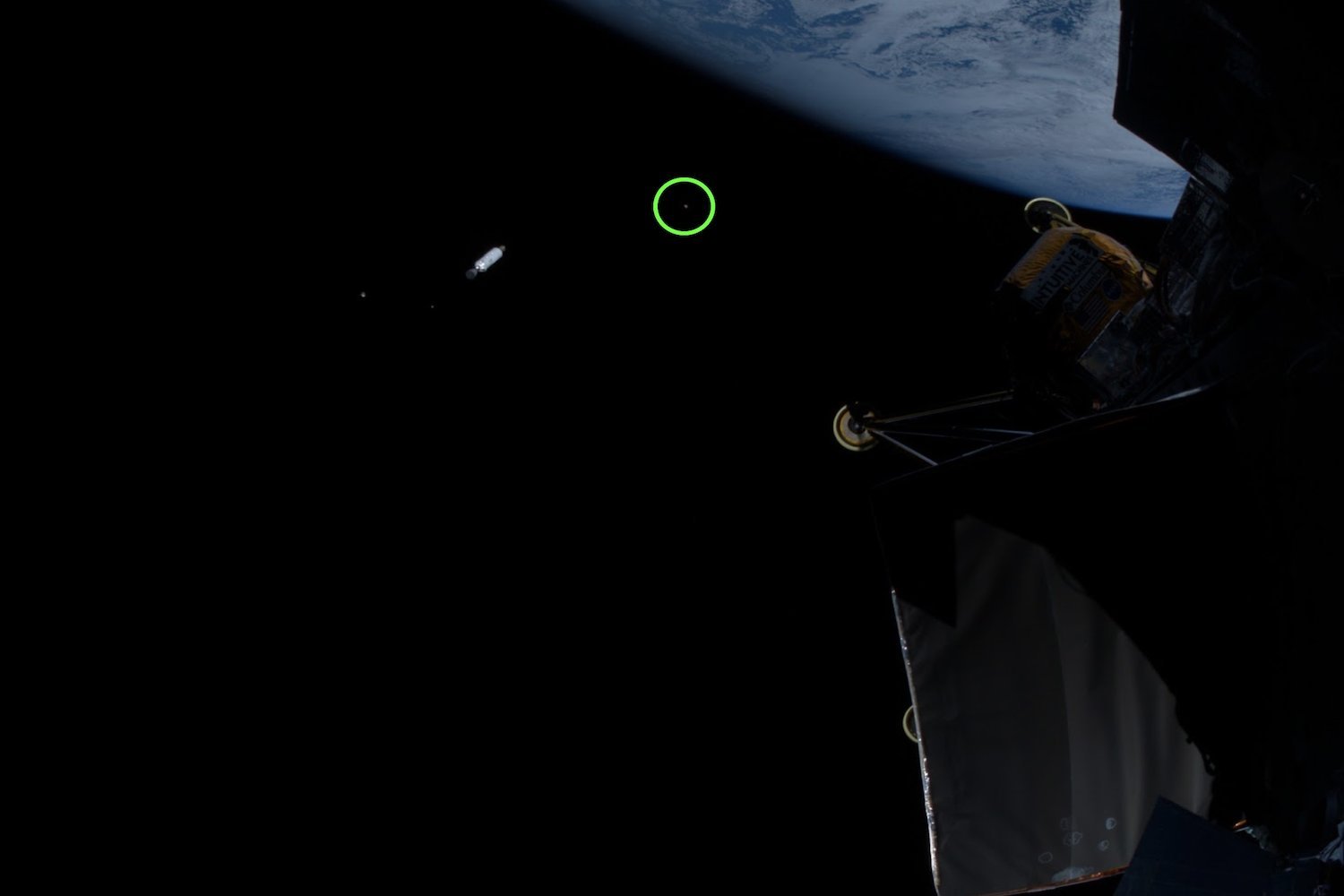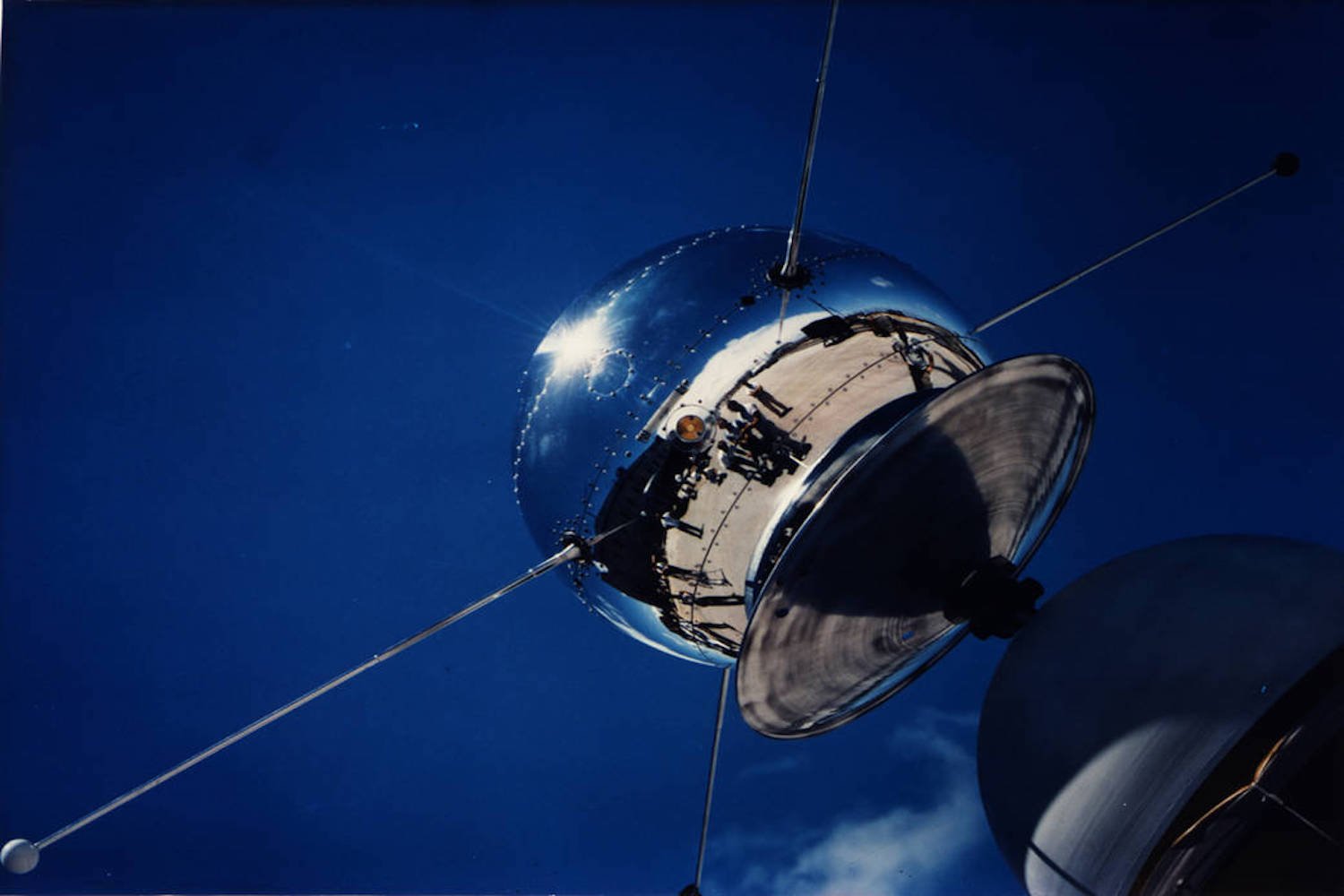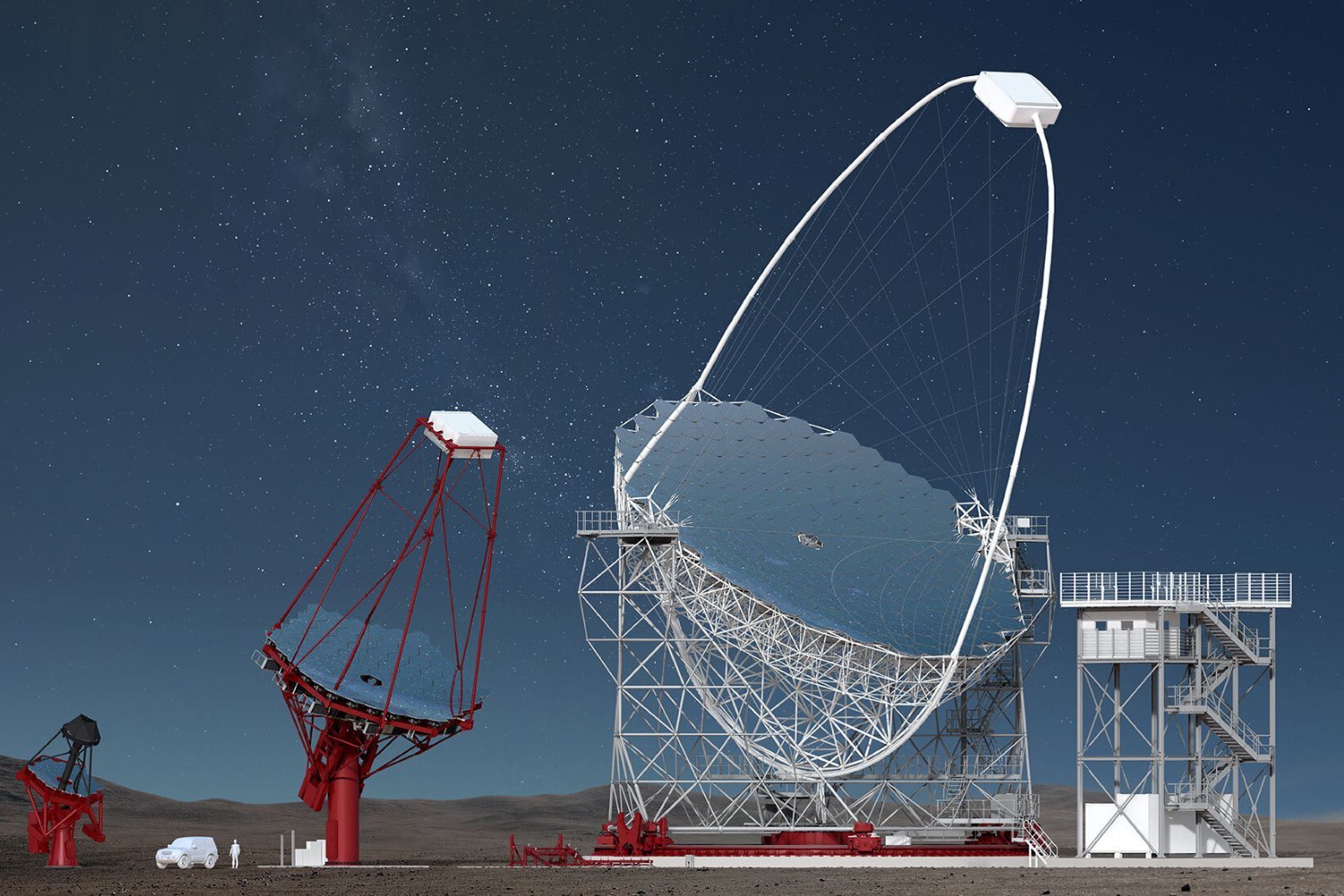SpaceX is embarking on a groundbreaking mission, launching four private citizens into polar orbit. This unprecedented journey will allow the crew to observe Earth’s polar regions from a unique vantage point, pushing the boundaries of private spaceflight.
The mission, dubbed Fram2, pays homage to the original ship that explored both the Arctic and Antarctic. Scheduled to launch no earlier than Monday, March 31st, 2025, at 11:20 PM ET from Kennedy Space Center, Florida, the Falcon 9 rocket will carry the crew to an altitude of approximately 265 to 280 miles (425 to 450 kilometers). This trajectory marks the first time a human spaceflight mission will traverse this polar path.
Leading the Fram2 mission and reportedly financing the endeavor is Chun Wang of Malta, founder of the Bitcoin mining companies f2pool and stakefish. Joining him are Jannicke Mikkelsen, a Norwegian cinematographer; Eric Philips, an Australian polar adventurer; and Rabea Rogge, a German robotics researcher. While each crew member brings a diverse skillset, this mission marks their first foray into space.
A New Perspective on Earth
Fram2 promises a novel perspective on Earth. “This new flight trajectory will unlock new possibilities for human spaceflight and provide a deeper understanding about our planet and its polar regions,” according to a Fram2 news release cited by Florida Today. Unlike the International Space Station and most other manned missions, which primarily orbit within a specific latitudinal band, Fram2 will provide the crew with unobstructed views of the North and South Poles, a perspective only experienced by Apollo lunar astronauts.
The astronauts will spend three to five days in SpaceX’s Dragon spacecraft, observing Earth from their unique polar orbit at an inclination of 60 to 90 degrees to the equator. Their primary focus will be studying STEVE (Strong Thermal Emission Velocity Enhancement), an aurora-like phenomenon characterized by distinctive purple and green streaks.
Growing Mushrooms in Microgravity
Beyond Earth observation, Fram2 carries a scientific payload focused on growing oyster mushrooms in microgravity. Developed by Australian firm FOODiQ Global, this experiment explores sustainable food production for future deep-space missions, including journeys to the Moon and Mars, as reported by The Guardian.
Navigating the Challenges of Polar Orbit
While SpaceX continues to advance private space travel, Fram2 presents unique challenges. Polar orbits, typically used by satellites for Earth observation and reconnaissance, expose spacecraft to higher levels of radiation, especially during increased auroral activity. This is a key factor why the ISS and most manned missions avoid these regions, as noted by NASA.
The Polaris Dawn mission, SpaceX’s previous private venture, successfully executed the first commercial spacewalk, demonstrating the company’s commitment to pushing the boundaries of space exploration. Fram2, with its focus on polar orbit, represents another significant step in this direction.
A Bold Step Forward
The Fram2 mission represents a bold leap forward in private spaceflight. Its success hinges on navigating the complexities of polar orbit and conducting valuable research. This ambitious undertaking holds promise for expanding our understanding of Earth’s polar regions and advancing sustainable practices for future space exploration.



